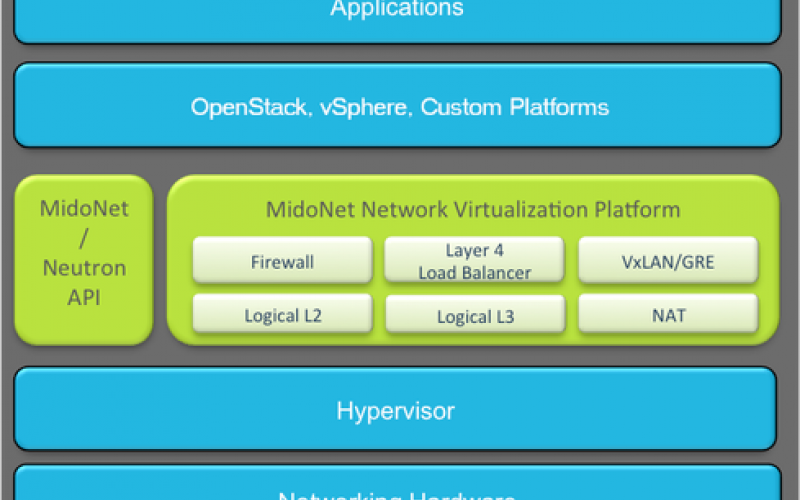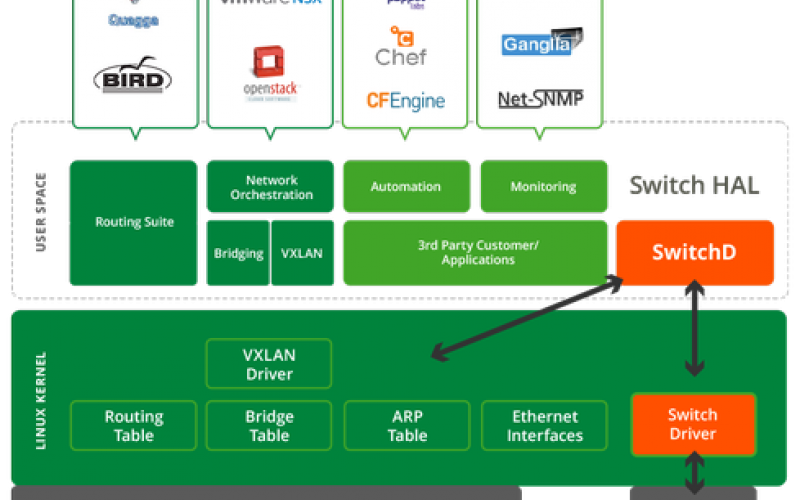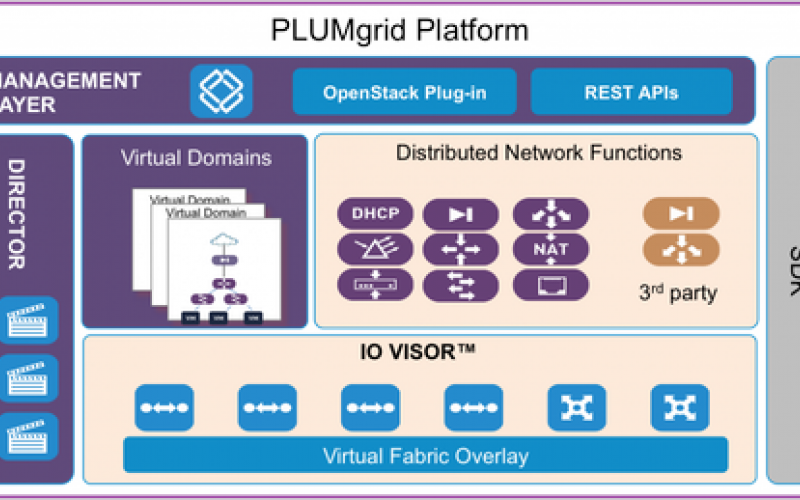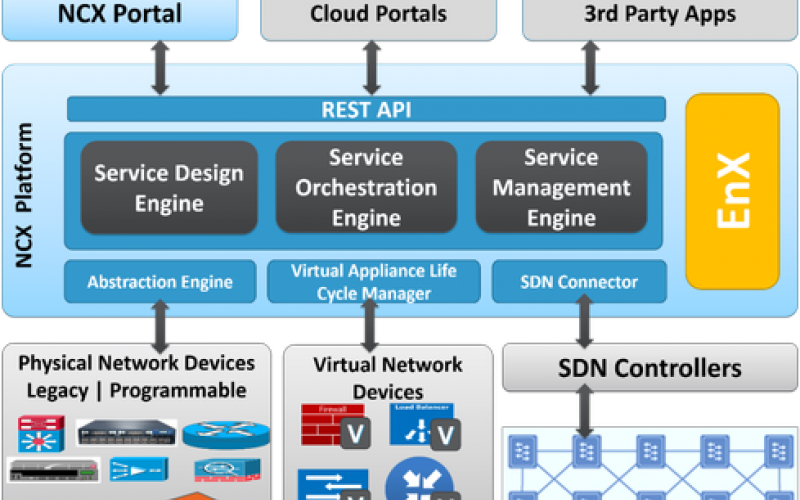With so much discussion about software-defined networking focused on what the big, established networking vendors like Cisco, HP and Juniper are doing, small SDN startups can get lost in the shuffle. But these startups are doing a lot of innovative, groundbreaking work to drive the networking industry forward, so you're missing out if you're not paying attention. In fact, many of them pioneered SDN, spurring industry giants to develop their own SDN strategies.
Investors definitely like what they see with these SDN startups. They've pumped about $650 million into SDN and Network Function Virtualization (NFV) startups so far, said Scott Raynovich, chief analyst and publisher of Raynoreport.com. He expects that amount to double over the next three to five years.
A number of SDN startups have already been acquired by bigger vendors, validating their potential. In 2012, VMware made what was then its biggest acquisition when it bought Nicira for $1.25 billion. Juniper followed up with its $176 million purchase of Contrail Systems, and Brocade bought Vyatta.
SDN and NFV "represent a key shift in the networking market, bringing about the biggest potential changes in two decades," according to "The Software Defined Network Revolution: An Ecosystem Report," a report published by Rayno Media last year.
In a report last summer, market-research firm Infonetics said its survey of large and midsize enterprises indicated that 87% plan to have SDN live in the data center by 2016. Nearly a quarter of those polled said they would consider non-traditional network vendors for their SDN applications and orchestration software. SDN "spells opportunity" for existing and new vendors alike, Cliff Grossner, Infonetics directing analyst, said in releasing the report.
A lot of new companies are seizing that opportunity. Here's a sample of some of the many SDN startups shaking things up in the networking space.
Learn more about SDN and virtual networks in the Software-Defined Networking Track at Interop Las Vegas this spring. Don't miss out! Register now for Interop, May 2-6, and receive $200 off.


















